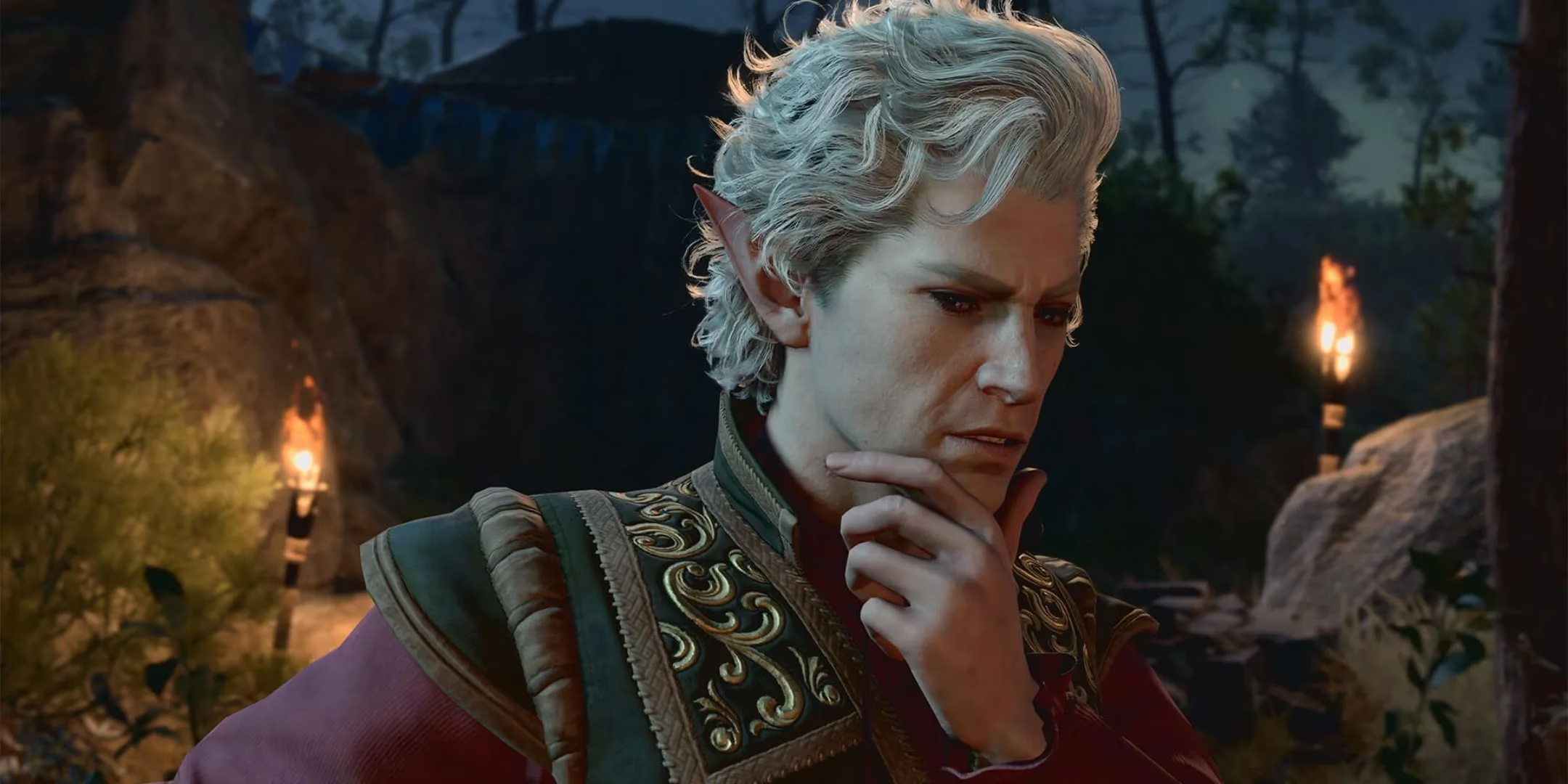The synthetic wave keeps crashing through Hollywood and gaming studios, but Neil Newbon isn't buying the hype. The actor behind Baldur's Gate 3's iconic Astarion just dropped truth bombs about AI in creative industries during a fiery Radio Times Gaming interview. "It sucks," he bluntly declared, echoing growing concerns among performers who feel the soul of storytelling is getting lost in algorithmic code. As tech giants pour billions into artificial performances, Newbon champions the messy, unpredictable magic only humans create.

The Uncanny Valley of Creativity
Newbon ain't mincing words. That "synthetic feel" creeping into games and films? Total dealbreaker. "It always feels off," he scoffs, arguing audiences instinctively reject AI's sterile perfection. Remember Dustin Hoffman's legendary "I'm walking here!" moment in Midnight Cowboy? 🚕 That unscripted outburst became cinema gold precisely because it was raw and real—the kind of "happy accident" algorithms can't replicate. For Newbon, these imperfections are the secret sauce:
-
Spontaneity over algorithms: "Nobody can predict those magical moments"
-
Human flaws = emotional resonance: Robotic precision leaves viewers cold
-
Gaming's unique vulnerability: Motion-capture intimacy gets erased by AI shortcuts
Mocap Savior Turned AI Warrior
This fight's personal for Newbon. After mocap tech revived his career, he's watching AI threaten that very human connection. "Hands-on performance saved my bacon," he reflects, calling mocap sessions "improvisational jazz" where actors breathe life into pixels. Contrast that with AI-generated performances:
| Human Performance | AI "Performance" |
|---|---|
| Emotional authenticity 🎭 | Synthetic emptiness |
| Unplanned magic moments | Predictable patterns |
| Collaborative energy | Isolated code strings |
His verdict? AI strips away the joy of creation. "What's the point if there's no discovery?"
Research highlighted by Game Informer underscores the ongoing debate around AI's role in creative industries, echoing Neil Newbon's concerns about the loss of human spontaneity in gaming and film. Game Informer's interviews with developers and actors often reveal a shared belief that authentic, emotionally resonant performances are best achieved through human collaboration and improvisation, rather than algorithmic generation.
